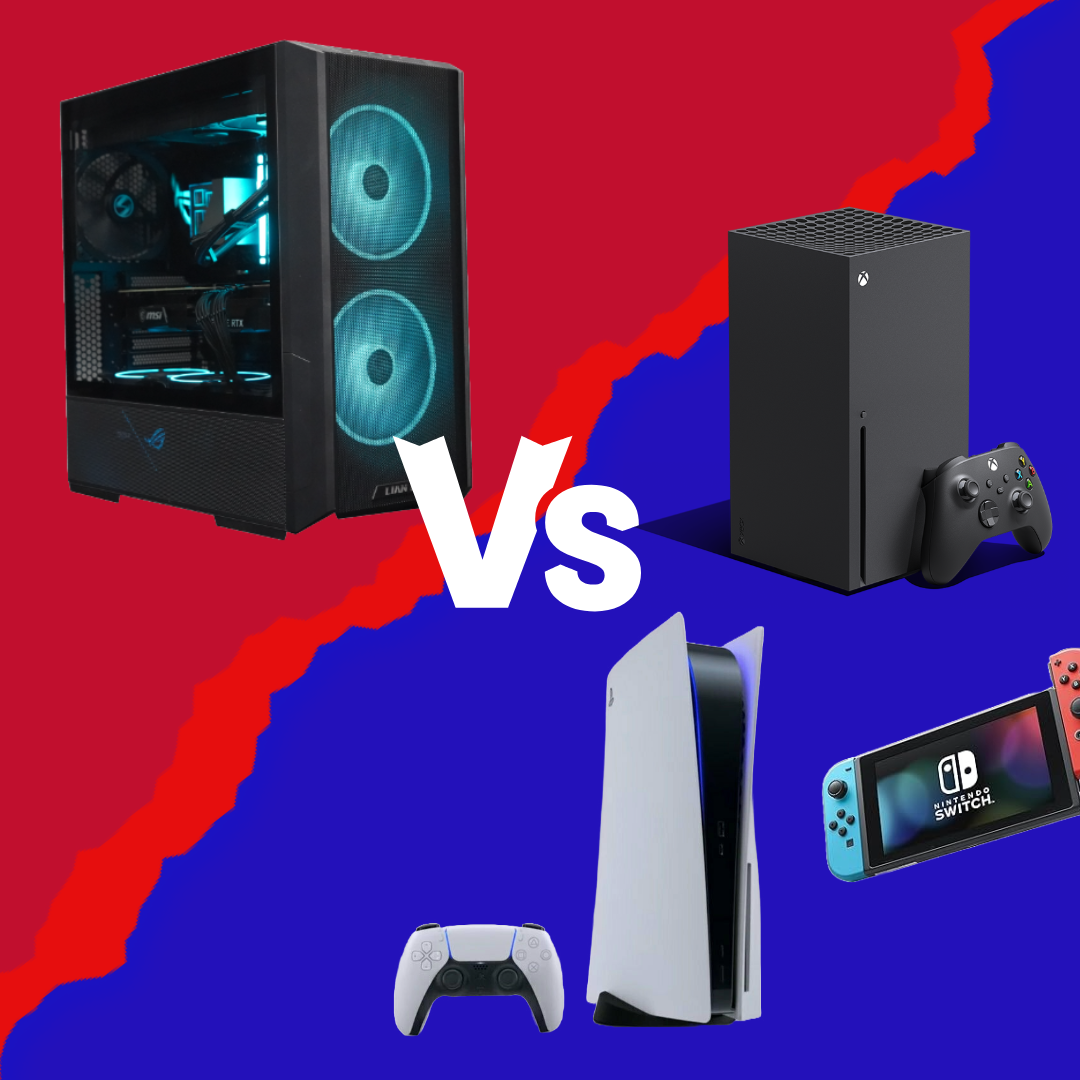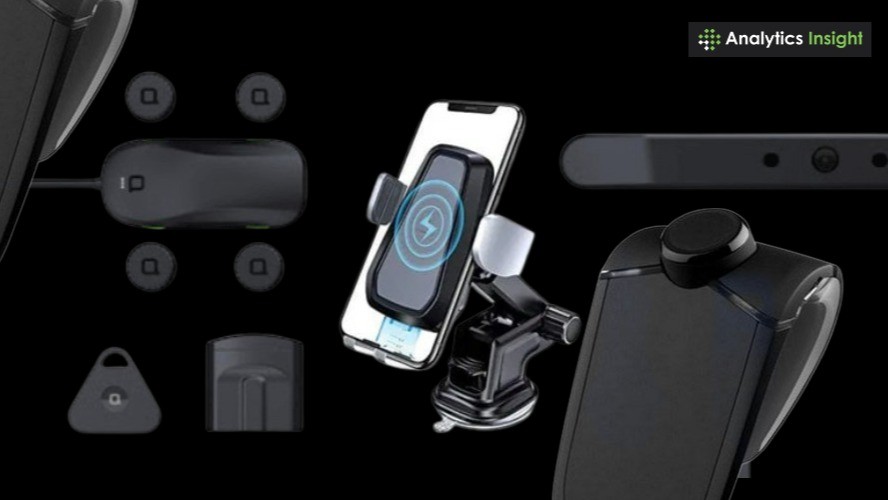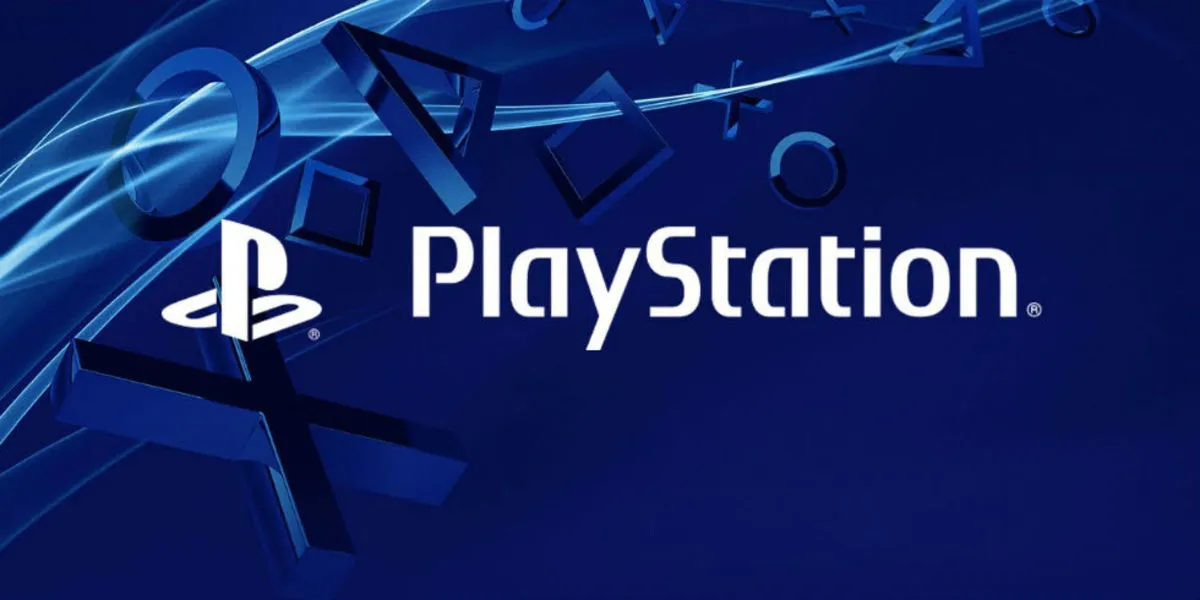Every gamer faces a crossroads: PC or console? It’s a debate as old as gaming forums themselves. Is it about sheer power? Visual fidelity? Game libraries? Or is it simply about ease of use and cost? With powerful consoles like the PlayStation 5 and Xbox Series X in one corner, and high-end gaming PCs in the other, the conversation in 2025 is more relevant than ever.
In this breakdown, we’ll go beyond the numbers to explore what really matters: gameplay experience, customization, value, and freedom. Whether you’re a competitive FPS player or a casual couch gamer, here’s how to make the best choice for your style.
Ease of Use & Accessibility: Console Wins the Convenience Game
When it comes to plug-and-play gaming, consoles take the crown. You can unbox a PlayStation 5 or Xbox Series X, connect a controller, and dive into your favorite game in minutes. Updates are streamlined, hardware requirements are uniform, and new features like “quick resume” make jumping back into a game seamless.
PCs, on the other hand, come with a learning curve. Setting up a gaming PC involves understanding drivers, game settings, software launchers, and sometimes, troubleshooting hardware conflicts. While tools like Steam and platforms like Windows 11 have improved user-friendliness, the PC still demands more from its user.
Verdict:
If you want minimal setup and fast access to your games, console is the easier route.
Performance, Customization & Modding: PC Is the Powerhouse
Yes, the PS5 and Xbox Series X can technically run games in 4K and support up to 120 FPS. But the reality is that most console games are capped at 30–60 FPS and use medium-to-high graphics presets. PC gamers, by contrast, can adjust every visual setting, from anti-aliasing and shadows to motion blur and resolution scaling.
Want to maximize FPS? Drop a few settings or use DLSS/FSR upscaling. Want eye-popping visuals? Crank everything to Ultra with ray tracing. Plus, on PC, you’re not locked into what the developers dictate — you can turn off unwanted effects like chromatic aberration, motion blur, or film grain.
And then there’s modding. From custom maps and skins to complete gameplay overhauls, the PC community offers an entire world of user-generated content that consoles simply can’t match. Add to that emulation — the ability to play old PS2, GameCube, or even Switch games — and it’s clear that PC gaming is the most flexible platform available.
Verdict:
For power, flexibility, and control, PC gaming wins hands down.

Affordability & Value: Console Still Holds the Budget Edge
If you’re working within a strict budget, consoles still offer the best bang for your buck. For $500, you can get a PS5 or Xbox Series X with performance that rivals mid-range PCs. Even the Xbox Series S or a Nintendo Switch offers access to a vast game library at a lower price point.
Gaming PCs capable of matching or exceeding that performance start at $1,200 or more, especially if you’re buying new components or opting for a prebuilt rig. However, it’s worth noting that PCs double as workstations, media centers, and creative tools — a factor that adds long-term value beyond gaming.
Additionally, PC games tend to cost less over time. Steam sales, bundles, and free games from platforms like Epic Games make the long-term cost of PC gaming more palatable.
Verdict:
Consoles win on upfront cost, but PC may offer better value over time, especially if used for more than just gaming.
Game Libraries & Exclusives: PC Has the Depth, Console Has the Icons
Modern consoles have impressive libraries, from AAA exclusives like Spider-Man 2 on PS5 to Xbox Game Pass offerings. However, PC’s game library is unmatched, with tens of thousands of games available, spanning indie gems, major blockbusters, and everything in between.
More importantly, the backward compatibility on PC is near-universal. Want to play a game you bought in 2010? Just install it and go. On consoles, you often have to wait for remasters or worry about compatibility issues with newer generations.
That said, console exclusives are still a deciding factor for many. If you’re a diehard fan of The Legend of Zelda, God of War, or Halo, your choice might already be made.
Verdict:
PC wins for variety and longevity, but consoles offer exclusive experiences you can’t get anywhere else.
Final Verdict: What’s Right for You?
So, is it just about power? Not at all. While performance matters, it’s really about how you like to play.
- Choose a console if you value convenience, simplicity, and affordability — or if your favorite games are platform-exclusive.
- Choose a PC if you want customization, superior graphics and frame rates, modding support, and a massive library of games, past and present.
Whichever side you land on, the best platform is the one that makes you excited to play. Gaming is about joy, challenge, and immersion — and you can find that on both PC and console.




